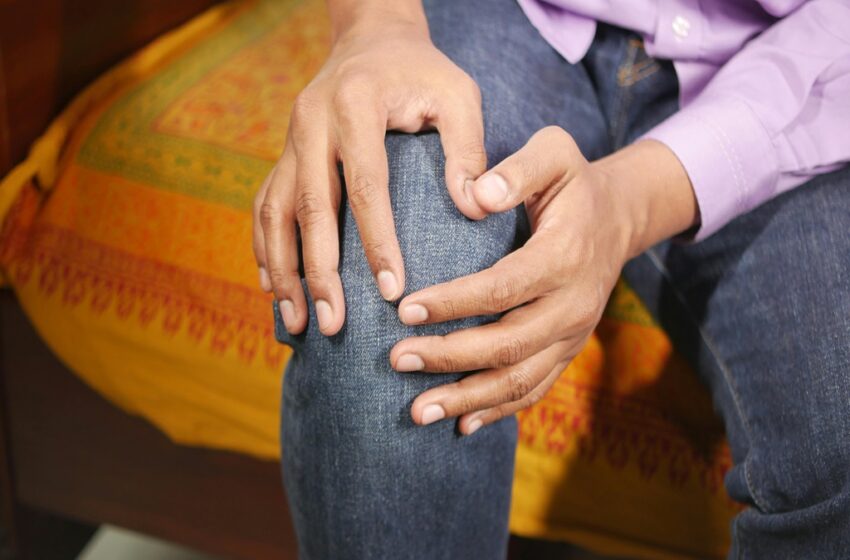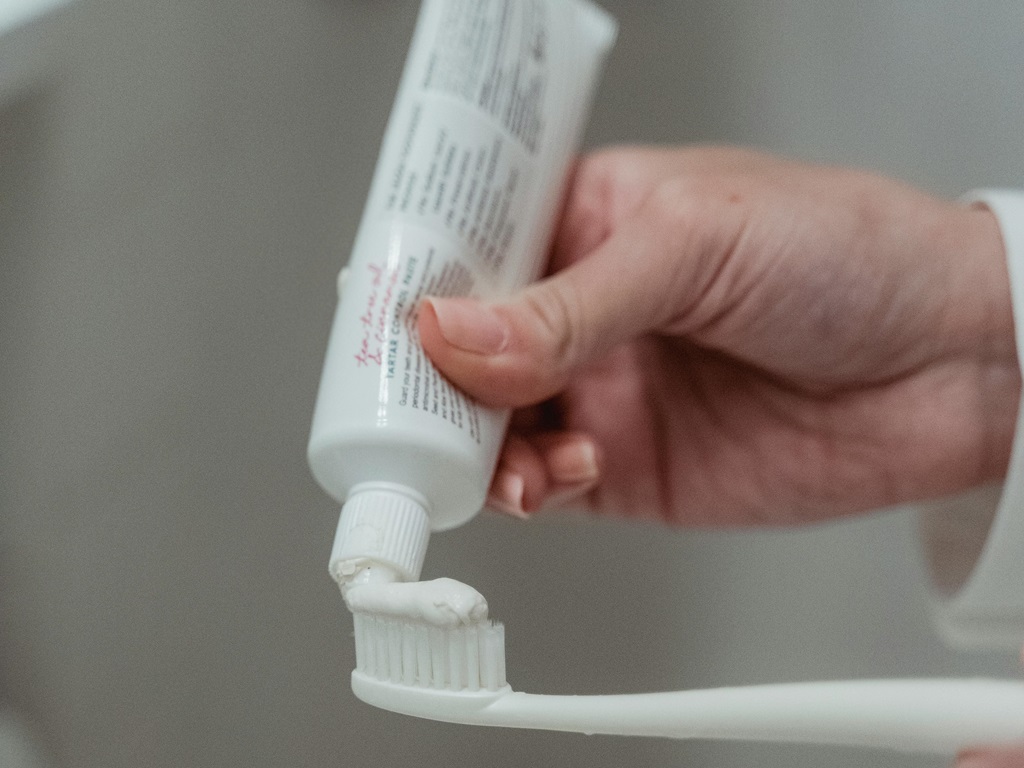
Comprehensive Guide to Knee Pain Management
Knee pain is a prevalent problem that can afflict people of any age. It can result from injuries, medical conditions, or simply from everyday wear and tear. Managing knee pain effectively is crucial for maintaining mobility and quality of life. Here is a comprehensive guide to help you manage knee pain.
Understanding Knee Pain
There are several factors that might cause knee pain, including:
Injuries: Such as sprains, strains, or torn ligaments.
Medical Conditions: Like arthritis, gout, or infections.
Overuse: Repeated stress on the knee from activities like running or jumping.
Understanding the cause of your knee pain is the first step toward effective management.
Home Remedies
For mild to moderate knee pain, home remedies can be very effective. Here are some simple strategies:
Rest
Giving your knee time to heal is essential. Avoid activities that put strain on your knee and try to keep weight off the affected leg.
Ice
Applying ice to your knee can help reduce swelling and numb the pain. Apply an ice pack wrapped in a cloth for 15-20 minutes, multiple times each day.
Compression
Using a compression bandage can help control swelling and support your knee. Make sure the bandage fits snugly but not too tight.
Elevation
Elevate your knee when resting to reduce swelling. Prop your leg up on pillows to keep it above the level of your heart.
Medications
Over-the-counter medications can help manage knee pain. Common options include: Pain Relievers Such as acetaminophen or ibuprofen. Anti-inflammatory Drugs Like naproxen can help reduce pain and swelling.
Physical Therapy
Physical therapy can be highly effective for knee pain management. A physical therapist can design a personalized exercise program to strengthen the muscles around your knee, improve flexibility, and reduce pain.
Strengthening Exercises
Exercises that target the quadriceps, hamstrings, and calf muscles can help stabilize your knee joint.
Stretching
Regular stretching can improve flexibility and reduce stiffness in your knee.
Maintain a Healthy Weight
Excess weight puts additional stress on your knees. Losing weight can significantly reduce pain and improve function.
Choose Low-impact Activities
Activities like swimming, cycling, and walking are gentle on the knees and can help keep you active without causing pain.
Wear Proper Footwear
Supportive shoes can help maintain proper alignment and reduce stress on your knees.
Medical Treatments
If home remedies and lifestyle changes aren’t enough, medical treatments may be necessary. Options include:
Injections
Corticosteroid injections can help reduce inflammation and pain. Hyaluronic acid injections can provide lubrication and reduce friction in the knee joint.
Surgery
In severe cases, surgical options such as arthroscopy, partial knee replacement, or total knee replacement may be considered.




